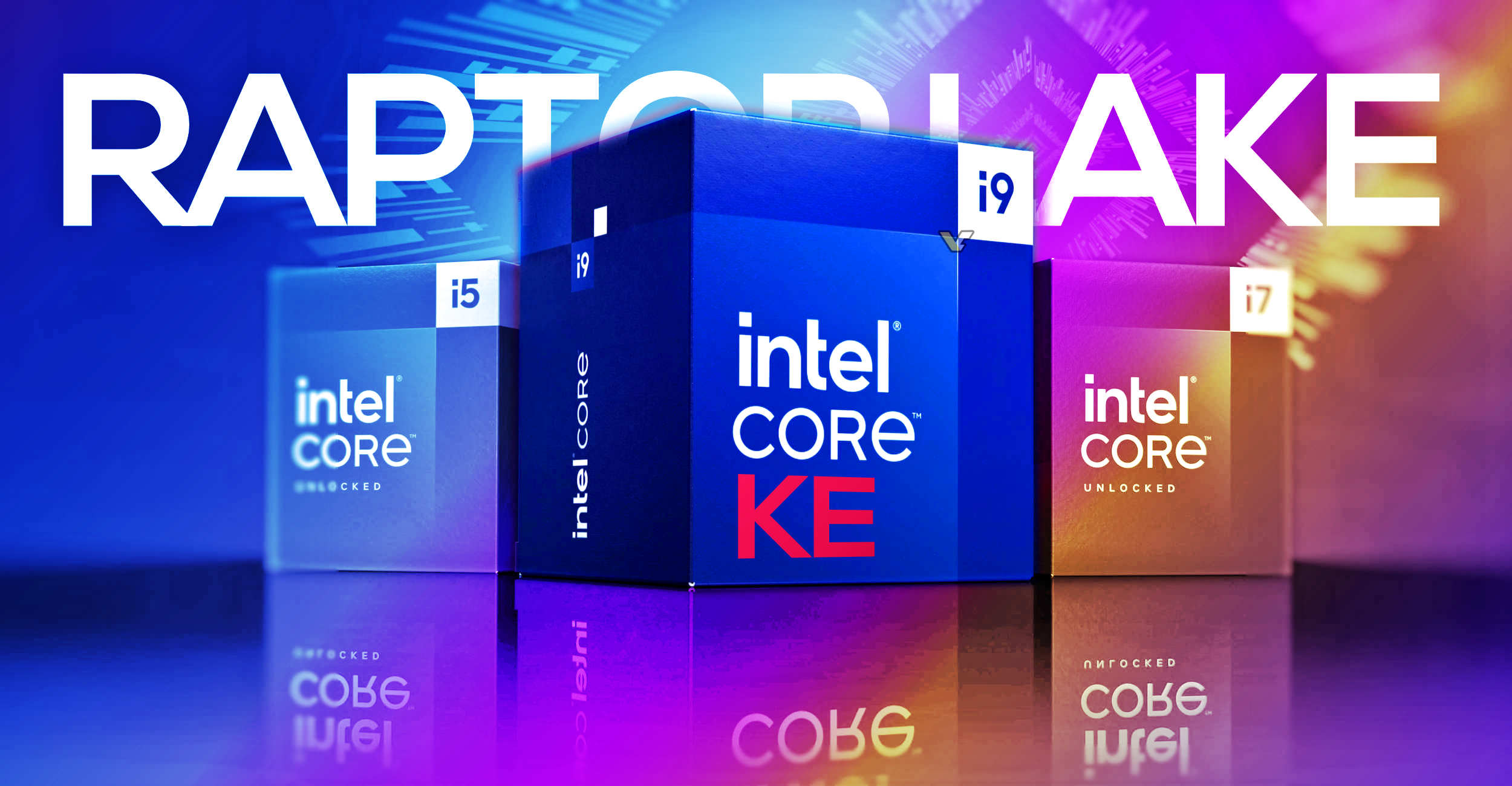Soldato
- Joined
- 5 Sep 2011
- Posts
- 12,874
- Location
- Surrey
Hard to say right now based on the inconsistent information out there so far. I'm yet to find anyone who is seeing this issue widespread like some sources are claiming including a couple of people I know who manage 100s of 13th and 14th gen systems for work (they are seeing more like 3% failure rate) and I haven't encountered theses failures yet on any 13th or 14th gen system I've had anything to do with.
I can tell you it’s fairly widespread just by the
number of cases we see on the ROG forum, I’m not at all surprised by some partners seeing the numbers being quoted.
Last edited:





